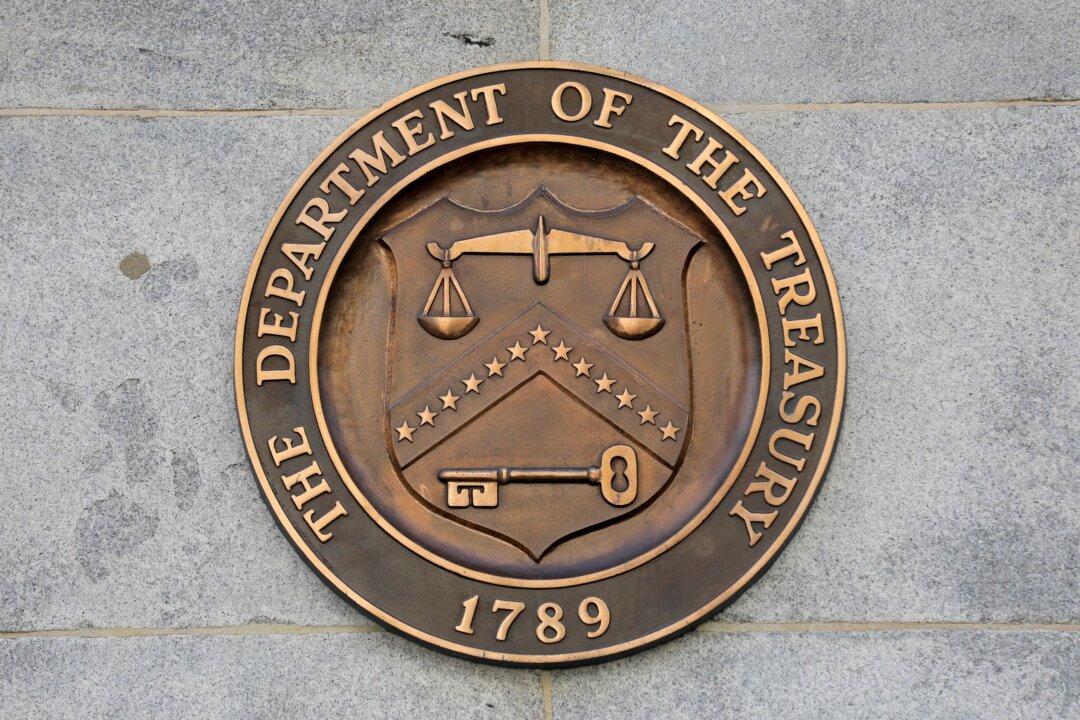The United States’ ballooning national debt has exceeded $30 trillion for the first time, according to Treasury Department data.
As of Jan. 31, the total public debt outstanding was $30.012 trillion, which roughly works out to just over $90,000 per citizen or nearly $240,000 per taxpayer, the department said in a statement (pdf).





